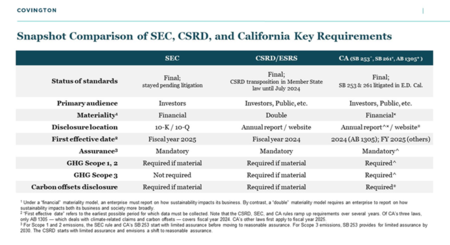Industry SuperFunds can withstand the market’s Coronavirus shock
Industry SuperFunds long-term investment outlook means they are well-placed to deal with the decline to Australian and global share markets caused by the Coronavirus.
The impact COVID-19 will have on global economies is still largely unknown, and it is not clear how long the market volatility will last.
But due to the diversity of assets in super funds’ portfolios the losses are likely to be far more muted than the headline-grabbing share market plunges seen on the evening news.
No one can predict the future, but as with previous downturns the market will rebound and because super is a long-term investment the short-term market dips are smoothed out overtime.
Funds will continue their important role in the Australian economy investing in infrastructure, property and shares which provides stability to the local financial market.
When it comes to super often the best course of action, is no action. Individuals can crystallise their losses missing out on the rebound if they switch their super to cash or other defensive assets after a downturn.
At the last major market decline – during the Global Financial Crisis (GFC) – savers who moved their money from an average balanced industry fund into cash were $4,000 worse off after three months, $13,800 after a year, $34,800 worse off after five years and after seven years would have lost a whopping $46,000 of potential retirement savings.
Industry SuperFunds are particularly well-equipped to deal with short-term shocks to world equity markets because of their investments in infrastructure, property, cash, and other unlisted assets.
After the GFC most super funds recovered quicker than global stock markets, and the diversified asset base means funds are once again able to bounce back from this market drop.
If members think about their investment in the long-term what has happened this week will not make much difference to super balances in the 20 years or longer when they start to think about retiring.
Those planning to access their super soon may not have time to ride out the market volatility and should seek advice on how to limit any losses.








